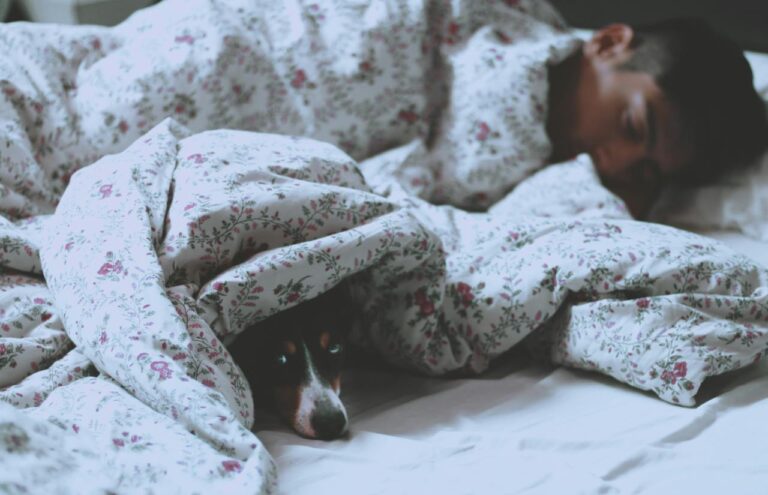Does your bed seem extra cozy in the winter?
This could be why.
“If you feel like sleeping more in the winter, you’re not alone,” said Dr. Raj Dasgupta, an associate professor of clinical medicine at Huntington Memorial Hospital in Pasadena, California, told CNN.
In fact, six in 10 Americans say their sleep routines feel different during the winter than in other seasons, according to a survey commissioned by Mattress Firm.
“Sleep needs for most adults are somewhere between (seven to nine) hours per night, and that is consistent no matter how cold or dark it gets outside,” Dasgupta said.
“However, it is common to feel like you are sleeping more during the winter due to the fact that we lose an hour of daylight when we enter standard time, which is associated with the early onset of darkness.”
A study published in the peer-reviewed journal Frontiers in Neuroscience found that, in the winter, people with sleep deficiencies experience longer REM sleep — short for rapid eye movement, a stage of deep sleep associated with dreaming and memory — compared to warmer months because it’s darker longer.
Total sleep time appeared to be about an hour longer in winter than in summer, while REM sleep — linked to the circadian clock — was 30 minutes longer in winter, signaling perhaps that folks are in deeper sleep longer and more tired due to the lack of light.
“Our bodies receive cues from the sun when it comes to our circadian rhythm, meaning that when it is bright outside we tend to be active, but when the sun goes down, you may tend to feel tired,” Dasgupta explained.
“The decrease in sunlight causes an increase in melatonin, a hormone made in the body that regulates sleep-wake cycles.”
She also noted that “holiday stress, indulgence in a wide variety of foods and treats, alcohol intake and skipping out on workouts” may be pushing you into bed sooner.
Poor sleep can affect physical and mental health, so researchers have devised several practices to help people fall and stay asleep.
To help those tossing and turning, Dr. Jess Andrade touts the 10-3-2-1-0 sleep method.
Don’t consume caffeine about 10 hours before bedtime, finish eating big meals or [drinking] alcohol three hours before crawling into bed, relax your body and brain two hours before you want to fall asleep, avoid electronics during the last hour you’re awake — and never hit snooze.
Source: news.yahoo
